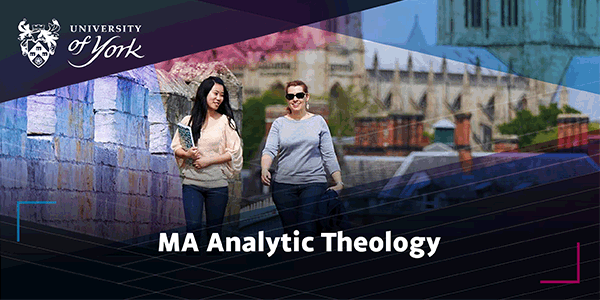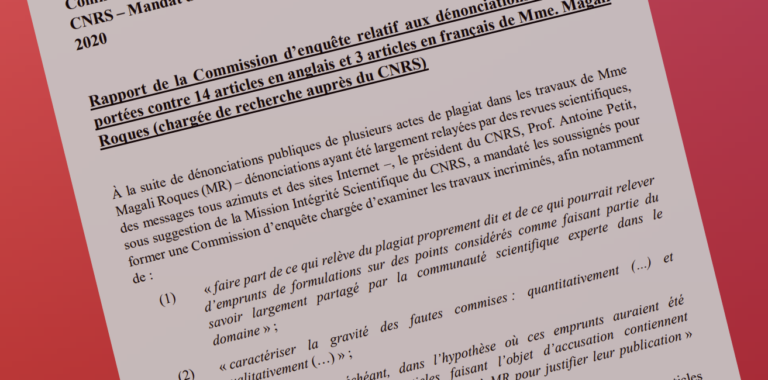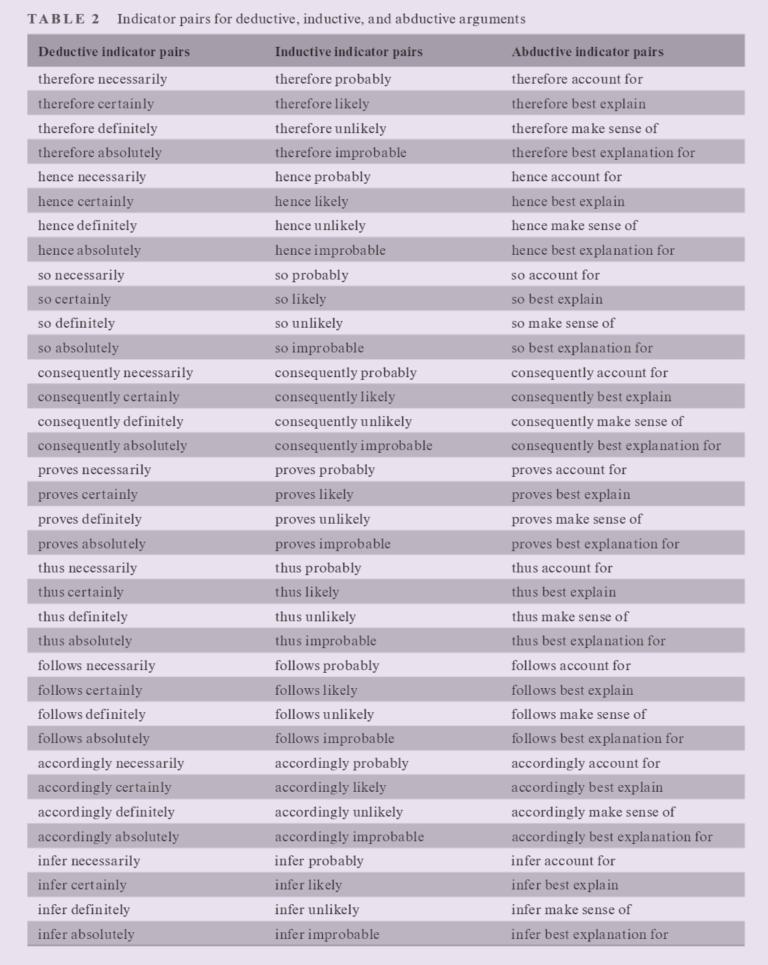[Andreas Gursky, “Bahrain I” (detail)]

Can philosophers help improve transportation policy? Jonathan Badgley, an economist who works with the US Department of Transportation (US DOT) and who studied philosophy as an undergraduate, thinks so.
He wrote in recently to share that US DOT is looking to the public for help responding to President Biden’s Executive Order On Advancing Racial Equity and Support for Underserved Communities Through the Federal Government. He writes:

You can view all of the questions here and provide a comment by clicking on the green “Submit a Formal Comment” button near the top of the document.
(7) How should the Department identify and measure the benefits and drawbacks (e.g., safety, wellbeing, and mobility benefits) of Federal transportation investments to underserved communities? How should the Department identify and measure the social cost of inequity in transportation projects or policies in underserved communities?
(6) Housing affordability in the United States is measured in terms of percentage of income (i.e., the current threshold is 30 percent of income). Is there a similar threshold for “transportation affordability” currently in use by planning practitioners and planning agencies? What are some methods and strategies that the Department can use for determining and assessing the level of a transportation overburden cost standard?
US DOT is currently seeking public comment on methods for identifying valid and reliable aggregate data to help measure equity in order to improve Federal transportation programs. There are 25 specific questions that the agency is seeking public comment on, and while many of these questions relate to issues outside of philosophers’ purview (e.g., data sources, etc.) there are a number of normative-laded questions that I believe are critical for the agency to hear from philosophers on. For instance, here are two questions from the request:
Again, the framing of these questions is around data and methods questions, but at heart are issues of what equity means in the transportation context that have not been directly and sufficiently addressed (by transportation folks or by philosophers in publication, at least that I’m aware of).
The request is a great opportunity for philosophers to significantly contribute to a real world issue, the fair and equitable provision of transportation goods, by clarifying these normative concepts of fairness, equity, welfare, etc. in this context.





